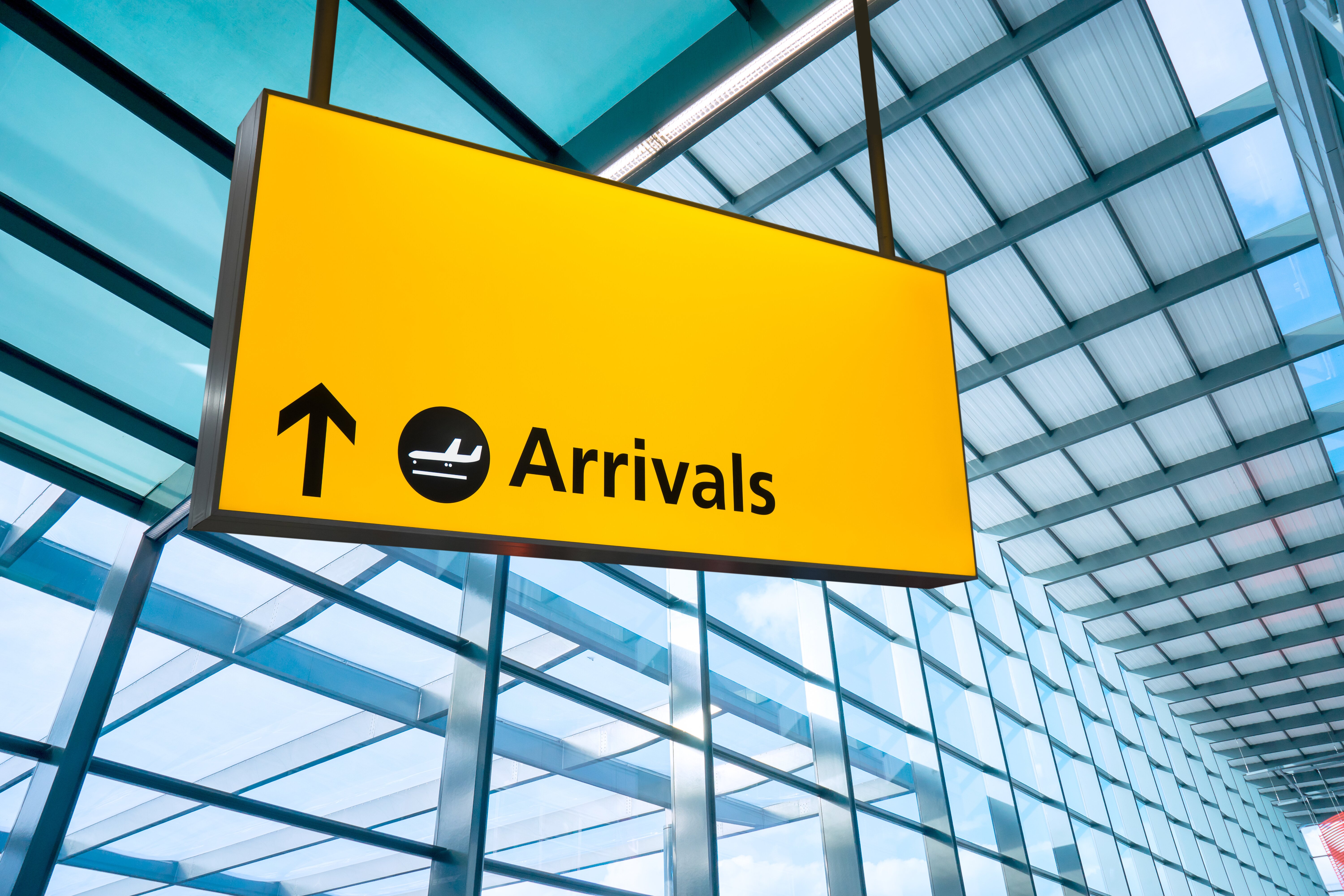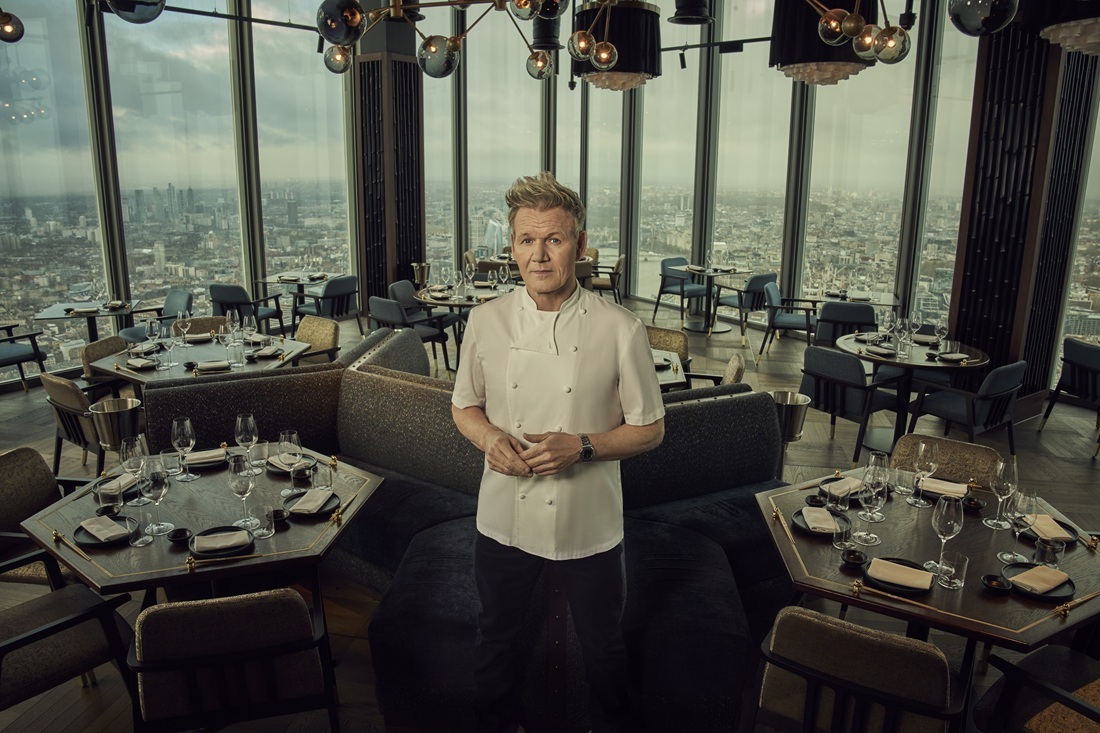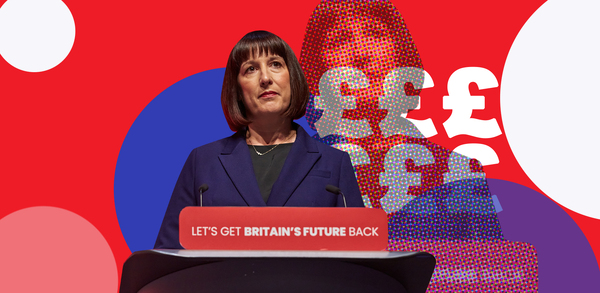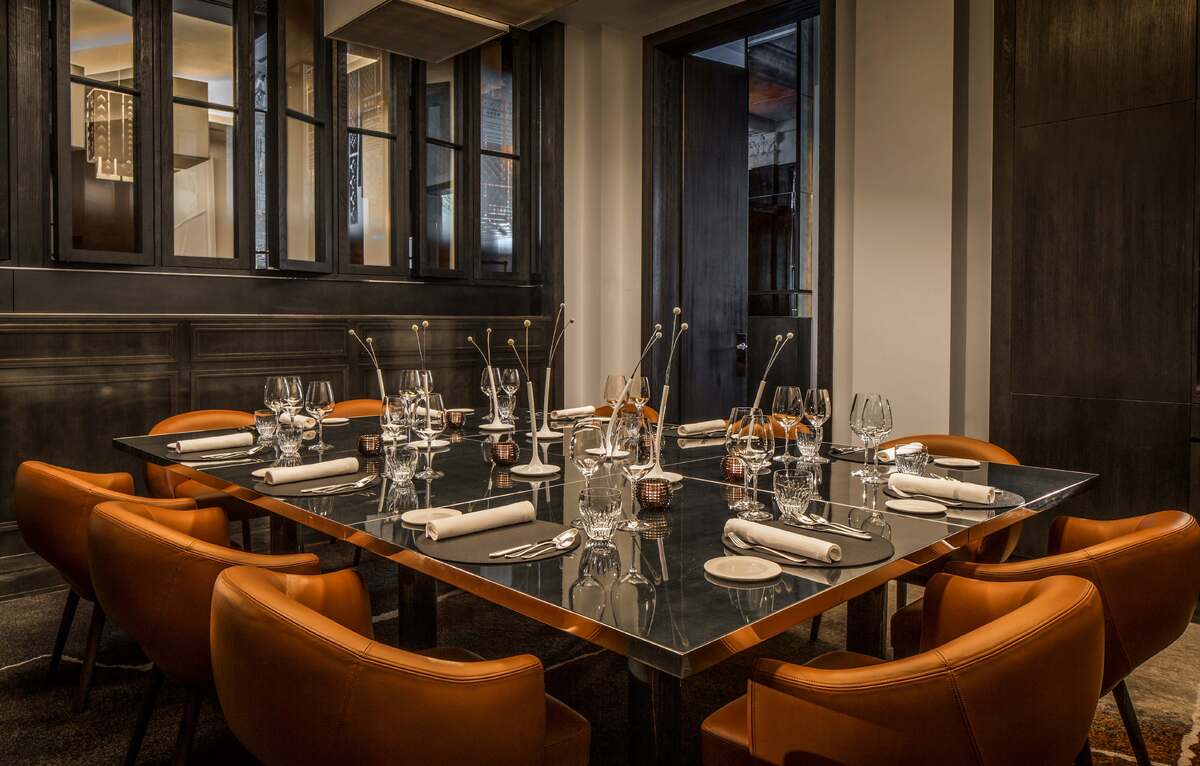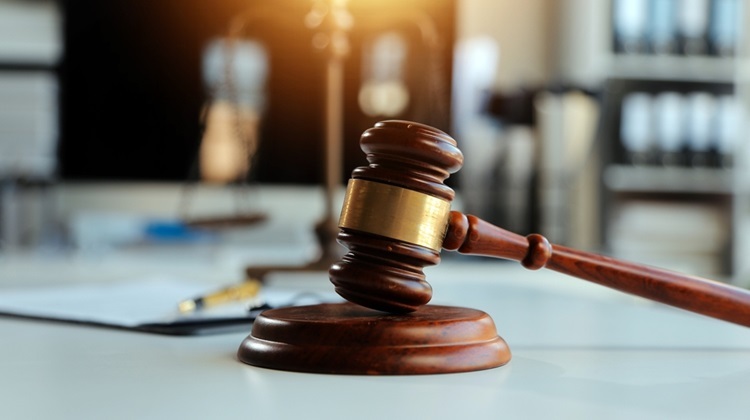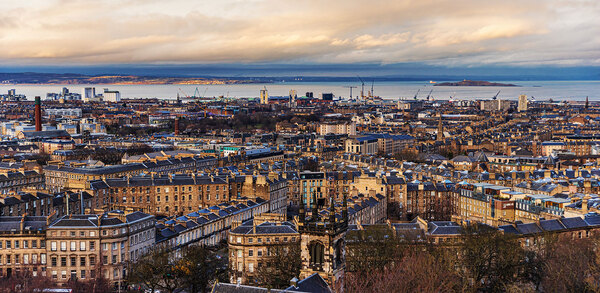Quarantine requirement for international arrivals 'catastrophic' for tourism
Home secretary Priti Patel has announced the introduction of a 14-day quarantine for international arrivals to the UK from 8 June.
Border forces will take contact details and addresses from those arriving and spot checks will be carried out by health officials to monitor compliance, with fines of £1,000 to be dished out to those breaking the rules.
The home secretary said the measures are being implemented to “protect hard-won progress” in the fight against Covid-19 and to protect the country from a second wave of the virus. She said the government will continue to "work with and support" the tourism and leisure industries, describing the sectors as "incredibly dynamic".
So-called 'air bridges', which would allow travellers from low-risk countries into the UK without quarantining, have not be ruled out in the future , but “are not for today” the home secretary said.
Stuart Procter, chief operating officer of the Stafford Collection (comprising the five-red-AA-star Stafford London hotel in St James's, the four-red-AA-star Northcote hotel in Langho, Lancashire, and Norma restaurant in Fitzrovia), described the announcement as “catastrophic”.
He told The Caterer: “Eighty-five per cent of the luxury hotel business in W1 [incorporating Mayfair and the West End] comes internationally; for tourism in London and nationally it will be significantly damaging.
“We’re informed this is going to be short and sharp and will only be in place prior to us being allowed to reopen, but there are so many ifs and buts. People are saying they’re seeing bookings coming into their hotels – they’re lying. If there’s a two-week quarantine in place, you wouldn’t book a trip to England, let alone London.”
Procter said that even if the quarantine requirement is lifted, the return of tourism to the capital will be slow and require restaurants, attractions, theatres and shops to be welcoming guests alongside hotels. In light of this, he said it would be essential for the furlough scheme to be extended, if It is not to have been a waste of time.
Joanne Taylor-Stagg, general manager of the Athenaeum Hotel & Residences, said: “It’s an absolute disaster for hotels, because if we are able to open on 4 July we’re going to rely on travellers coming in, and we certainly aren’t going to get the holidaymakers if they’re going to have to spend 14 days in quarantine before they can start to enjoy their holiday.
“There will be domestic travel, but I fear London properties are less likely to pick up that domestic business – the country house hotels are more likely to pick it up. It’s going to be an absolute disaster for us and they might as well keep us closed.
“My real worry is that as other countries are opening up – Sicily, for example, is offering to cover half the cost of flights – we’re going into a lockdown, so we’re going to lose any people looking to have a holiday to other countries and that’s just going to tie our hands even further.”
Taylor-Stagg agreed that support would need to continue. She said: “I’m very grateful for the inordinate amount of support we have, but we will need that support to continue. We want to get back to work, start looking after guests and play our part in delivering for the economy. We don’t want to be reliant on handouts forever, but we need the ability to grow our revenues in conjunction with our costs.”
UKHospitality chief executive Kate Nicholls said: “The basis of any quarantine conditions must be science-led and backed with a clear set of criteria for the length of their imposition. The imposition of a quarantine period will inevitably damage international visitor travel, and the longer it is in place, the more damage it will wreak.
“Leisure and business tourism is a significant driver of our economy and will be key to recovery. While beating the virus is the paramount concern, it is important that measures imposed are both proportionate to risk and workable in practice.
“There needs to be, as a bare minimum, an indication of how long measures might be in place, to allow businesses to plan, and criteria should be set out, so that we know what criteria must be fulfilled to enable removal or change to quarantine.”
Joss Croft, CEO of UKinbound, added: “Imposing a 14-day quarantine on international arrivals is another blow to the UK’s struggling tourism and hospitality industry – worth £28bn per year. It’s imperative that this policy is implemented for as short a time as possible. While the highest priority for businesses across the industry continues to be the health and safety of customers and staff, we implore government to fully explore all options available such as air bridges and extensive testing, so that international tourists can return as soon as safely possible.
"If the 14-day quarantine measures need to be in place longer-term, our industry will need significant and extended support.”
Philip Newman-Hall, hospitality consultant and former managing director of Belmond Le Manoir aux Quat'Saisons, had earlier tweeted that a quarantine would lead to “no tourism and no revenue coming to the UK”, describing the decision as “mad”.
Meanwhile, airlines have said that the quarantine will further delay the resumption of passenger services, with Virgin Atlantic saying that the impact on demand won’t allow for a return before August.
The requirement for self-isolation will also apply to Brits returning from overseas. The measures will not apply to medical professionals travelling to the UK to help tackle Covid-19, freight workers, law enforcement officials from other countries, and those travelling from Northern Ireland.
No date for ending the requirements has been publicly suggested by the Home Office.
Picture: Shutterstock



